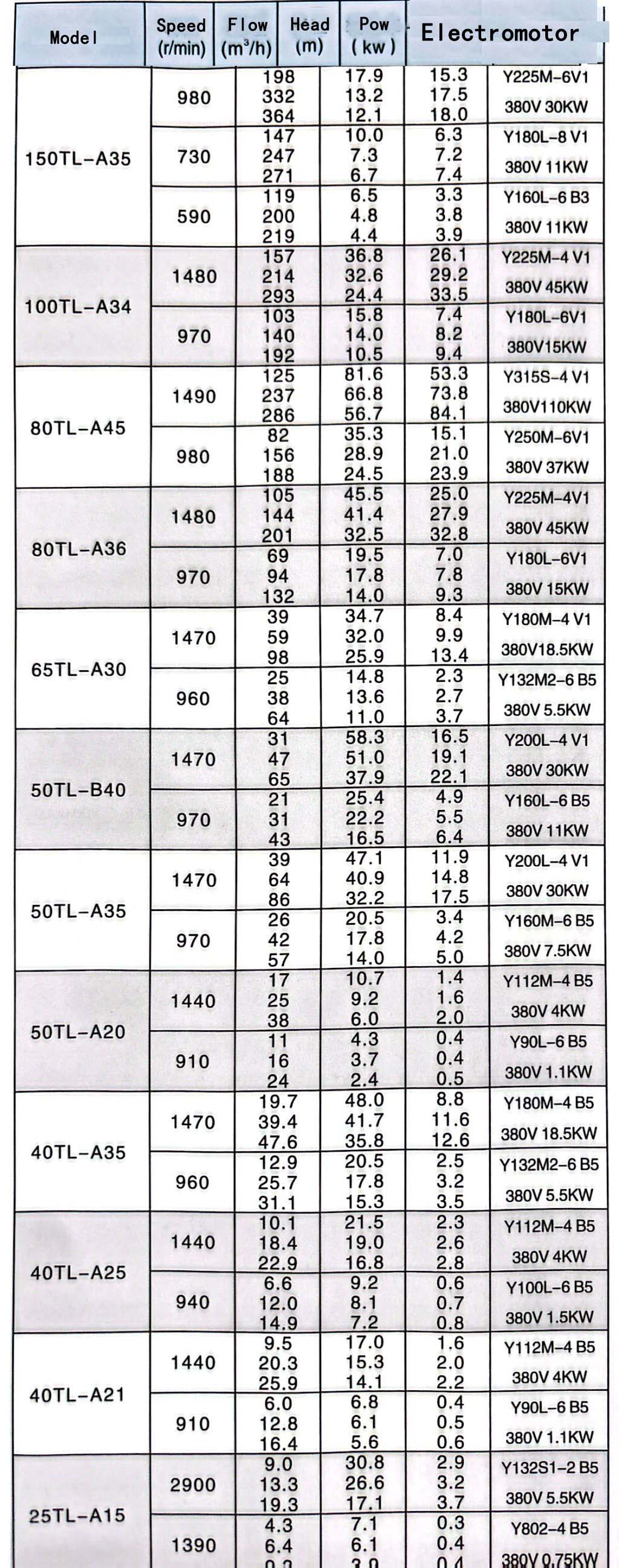English
- Afrikaans
- Albanian
- Amharic
- Arabic
- Armenian
- Azerbaijani
- Basque
- Belarusian
- Bengali
- Bosnian
- Bulgarian
- Catalan
- Cebuano
- Corsican
- Croatian
- Czech
- Danish
- Dutch
- English
- Esperanto
- Estonian
- Finnish
- French
- Frisian
- Galician
- Georgian
- German
- Greek
- Gujarati
- Haitian Creole
- hausa
- hawaiian
- Hebrew
- Hindi
- Miao
- Hungarian
- Icelandic
- igbo
- Indonesian
- irish
- Italian
- Japanese
- Javanese
- Kannada
- kazakh
- Khmer
- Rwandese
- Korean
- Kurdish
- Kyrgyz
- Lao
- Latin
- Latvian
- Lithuanian
- Luxembourgish
- Macedonian
- Malgashi
- Malay
- Malayalam
- Maltese
- Maori
- Marathi
- Mongolian
- Myanmar
- Nepali
- Norwegian
- Norwegian
- Occitan
- Pashto
- Persian
- Polish
- Portuguese
- Punjabi
- Romanian
- Russian
- Samoan
- Scottish Gaelic
- Serbian
- Sesotho
- Shona
- Sindhi
- Sinhala
- Slovak
- Slovenian
- Somali
- Spanish
- Sundanese
- Swahili
- Swedish
- Tagalog
- Tajik
- Tamil
- Tatar
- Telugu
- Thai
- Turkish
- Turkmen
- Ukrainian
- Urdu
- Uighur
- Uzbek
- Vietnamese
- Welsh
- Bantu
- Yiddish
- Yoruba
- Zulu
Telephone: +86 13120555503
Email: frank@cypump.com
Nov . 19, 2024 11:22 Back to list
Optimizing Wastewater Pump Efficiency for Sustainable Water Management Solutions
The Importance of Wastewater Pumps in Modern Infrastructure
Wastewater pumps play a pivotal role in modern sanitation systems and public health management. These devices are essential for the efficient transport of wastewater from homes, industries, and commercial establishments to treatment facilities. As urban populations continue to grow, the need for effective wastewater management becomes increasingly critical, making understanding the function of wastewater pumps more important than ever.
At its core, a wastewater pump is designed to move wastewater that typically contains a mixture of sewage, stormwater, and other waste products. Traditional gravity-fed systems are not always practical, especially in areas with irregular terrain or where the wastewater needs to be lifted to a higher elevation for proper treatment. This is where wastewater pumps come in. They ensure that wastewater flows smoothly through the sewerage system, preventing blockages and overflow that could lead to environmental contamination and health hazards.
There are several types of wastewater pumps, including centrifugal pumps, submersible pumps, and diaphragm pumps
. Each type is engineered for specific applications, taking into account the characteristics of the wastewater being handled and the requirements of the system. Centrifugal pumps are widely used due to their efficiency and ability to handle large volumes of liquid, while submersible pumps, designed to operate underwater, are often used in sewage lift stations.wastewater pump

The selection of the appropriate wastewater pump is crucial for its longevity and performance. Factors to consider include the pump's flow rate, head pressure, and the types of solids it can handle. Regular maintenance and monitoring are also vital to ensure these pumps operate efficiently. Clogged pumps or those that fail can result in costly repairs, environmental damage, and health risks.
Additionally, advancements in technology have led to the development of more efficient and durable pumps. Modern wastewater pumps are often equipped with smart technology that allows for real-time monitoring and diagnostics. This connectivity enables rapid responses to troubleshooting and reduces downtime, ultimately leading to more reliable sewage systems.
In summary, wastewater pumps are essential components of urban infrastructure, ensuring that waste is effectively transported to treatment facilities. With the right maintenance and technological advancements, these pumps help maintain public health and environmental standards, making them an indispensable part of modern wastewater management systems. As cities continue to expand and face new challenges related to waste disposal, the role of wastewater pumps will only become more significant in safeguarding our health and environment.
-
ISG Series Vertical Pipeline Pump - Chi Yuan Pumps Co., LTD.|Advanced Hydraulic Design&Energy-Efficient Solutions
NewsJul.30,2025
-
ISG Series Vertical Pipeline Pump - Chi Yuan Pumps Co., LTD.
NewsJul.30,2025
-
ISG Series Vertical Pipeline Pump - Chi Yuan Pumps Co., LTD.|energy-efficient fluid handling&industrial durability
NewsJul.30,2025
-
ISG Series Vertical Pipeline Pump - Chi Yuan Pumps | Advanced Engineering&Industrial Efficiency
NewsJul.30,2025
-
ISG Series Pipeline Pump - Chi Yuan Pumps | High Efficiency, Energy Saving
NewsJul.30,2025
-
ISG Series Vertical Pipeline Pump-Chi Yuan Pumps|High Efficiency&Reliable Performance
NewsJul.29,2025










